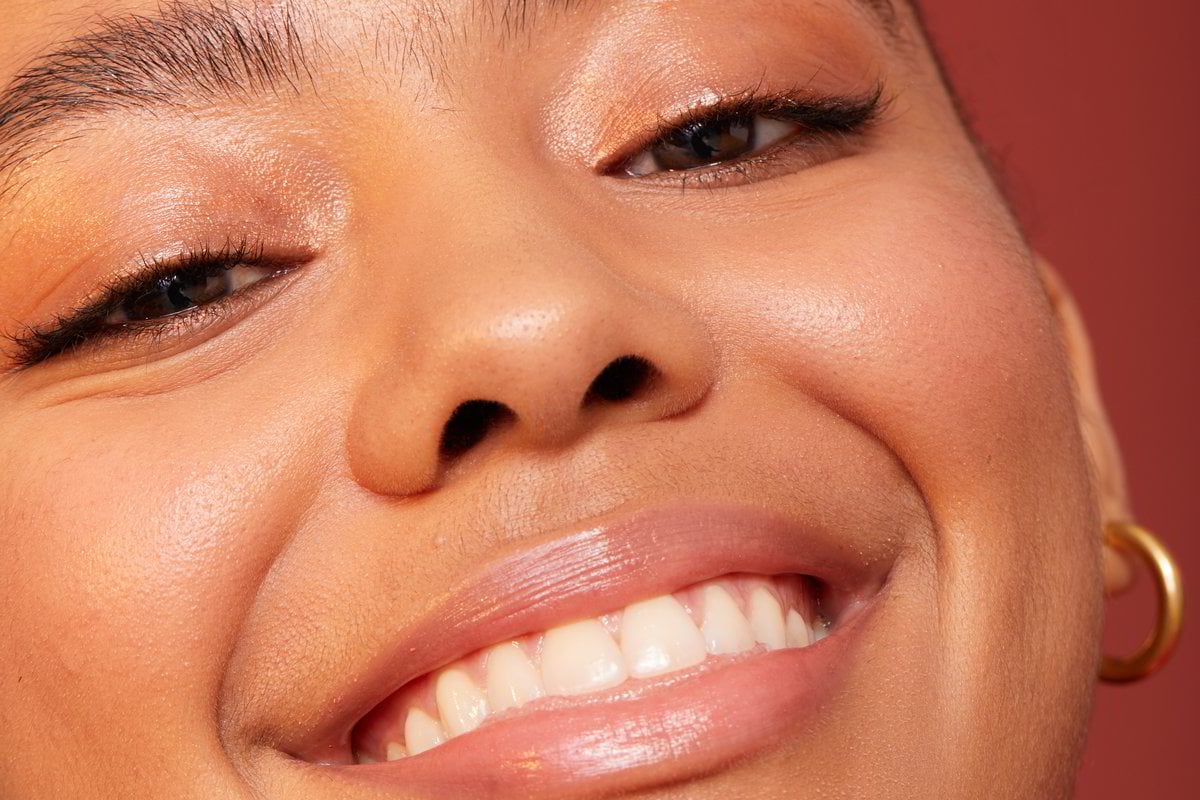
In a world where we're constantly bombarded with new, buzzy skincare products, it can be hard to know which ones to buy. Especially when we're a little on the fence about our skin type.
Oily, sensitive, combination...raise your hand if you're a grown woman and you're still not quite sure. *Raises hand.*
Just quickly, here are seven ways to improve your skin while sleeping. Post continues below.
Thing is, determining your skin type is the first and most vital step towards achieving clear, glowing skin.
We spoke to PHD qualified scientist and Qr8 founder Dr Michele Squire, to learn about the five main skin types and what the signs of each are, and help us all figure out which category we fit into.
1. Normal skin.
"Normal skin is the ultimate goal of cosmetic skincare and is described as skin that is in balance," Dr Michele told Mamamia.
Signs of normal skin:
- It is neither oily nor dry.
- Has infrequent breakouts.
- Small, but just visible, pores.
- It feels soft, smooth and comfortable.
- Doesn’t suffer from barrier issues, so isn’t easily irritated or reactive.
2. Oily skin.
"The technical name for excessively oily skin is seborrhoea," Dr Michele explained. "Oil (sebum) is produced by our sebaceous glands which are larger and more numerous in the upper body, particularly the upper back, scalp, forehead and chin."
"Seborrhoea is a common complaint in adolescents, caused by hormonal stimulation of sebaceous glands but hormonal imbalance at any age can trigger it. Other factors that can impact oil production are genetic background, stress, heat and humidity," she said.
Signs of oily skin:
- Shine appears a short time after cleansing.
- Enlarged pores.
- Reddening.
- Thicker, roughened skin.
- Acne is often a feature, and scaly patches (seborrheic dermatitis) can also develop.
3. Dry skin.
"Dry skin is known as xerosis, and is characterised by a loss of moisture," Dr Michele said.